Premium Only Content
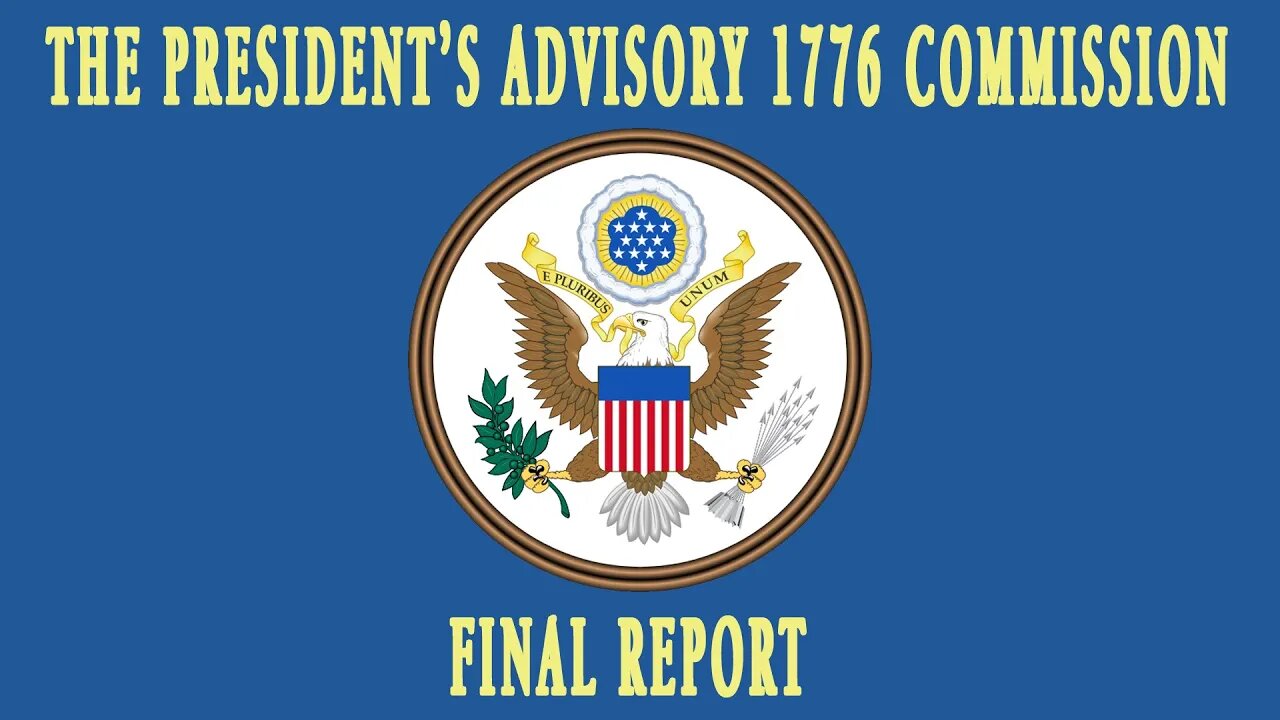
The President’s Advisory 1776 Commission Final Report 09 Racism and Identity Politics * PITD
The President’s Advisory #1776Commission Final Report 09 Racism and #IdentityPolitics * PITD The Thirteenth Amendment to the Constitution, passed after the Civil War, brought an end to legal slavery. Blacks enjoyed a new equality and freedom, voting for and holding elective office in states across the Union. But it did not bring an end to racism, or to the unequal treatment of blacks everywhere.
Despite the determined efforts of the postwar Reconstruction Congress to establish civil equality for freed slaves, the postbellum South ended up devolving into a system that was hardly better than slavery. The system enmeshed freedmen in relationships of extreme dependency, and used poll taxes, literacy tests, and the violence of vigilante groups like the Ku Klux Klan to prevent them from exercising their civil rights, particularly the right to vote. Jim Crow laws enforced the strict segregation of the races, and gave legal standing in some states to a pervasive subordination of blacks. It would take a national movement composed of people from different races, ethnicities, nationalities, and religions to bring about an America fully committed to ending legal discrimination.
The Civil Rights Movement culminated in the 1960s with the passage of three major legislative reforms affecting segregation, voting, and housing rights. It presented itself, and was understood by the American people, as consistent with the principles of the founding. “When the architects of our republic wrote the magnificent words of the Constitution and the Declaration of Independence, they were signing a promissory note to which every American was to fall heir,” Martin Luther King, Jr. said in his “I Have a Dream” speech. “This note was a promise that all men, yes, black men as well as white men, would be guaranteed the unalienable rights to life, liberty, and the pursuit of happiness.”
It seemed, finally, that America’s nearly two-century effort to realize fully the principles of the Declaration had reached a culmination. But the heady spirit of the original Civil Rights Movement, whose leaders forcefully quoted the Declaration of Independence, the Constitution, and the rhetoric of the founders and of Lincoln, proved to be short-lived.
The Civil Rights Movement was almost immediately turned to programs that ran counter to the lofty ideals of the founders. The ideas that drove this change had been growing in America for decades, and they distorted many areas of policy in the half century that followed.
**
Today, far from a regime of equal natural rights for equal citizens, enforced by the equal application of law, we have moved toward a system of explicit group privilege that, in the name of “social justice,” demands equal results and explicitly sorts citizens into “protected classes” based on race and other demographic categories.
Eventually this regime of formal inequality would come to be known as “identity politics.” The stepchild of earlier rejections of the founding, identity politics (discussed in Appendix III) values people by characteristics like race, sex, and sexual orientation and holds that new times demand new rights to replace the old. This is the opposite of King’s hope that his children would “live in a nation where they will not be judged by the color of their skin but by the content of their character,” and denies that all are endowed with the unalienable rights to life, liberty, and the pursuit of happiness.
Identity politics makes it less likely that racial reconciliation and healing can be attained by pursuing Martin Luther King, Jr.’s dream for America and upholding the highest ideals of our Constitution and our Declaration of Independence.
** #1776Project The-Presidents-Advisory-1776-Commission-Final-Report.pdf (archives.gov) https://trumpwhitehouse.archives.gov/wp-content/uploads/2021/01/The-Presidents-Advisory-1776-Commission-Final-Report.pdf If you have any suggestions, questions or concerns please leave them below. Thanks for watching and make it an outstanding day! *** I am a proud American, blessed father, a staunch 2A activist and a Marine Corps Veteran that just happens to be 100% blind. This is a look at the Second Amendment, firearms, self Defense, Constitutionally protected rights, Liberty and Freedom from the perspective of a Visually Impaired, Blind American. #PatriotInTheDark PatriotInTheDark@gmail.com
-
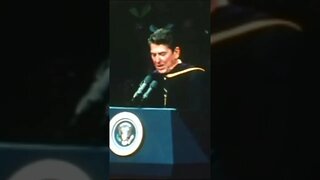 0:18
0:18
Patriot In The Dark
1 year agoI wonder if? 🌍🤔 #RonaldReagan 1981 * #PITD #Shorts (Linked)
147 -
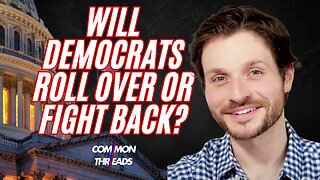 LIVE
LIVE
Common Threads
2 hours agoLIVE DEBATE: Will Democrats Roll Over or Fight Back?
97 watching -
 LIVE
LIVE
LFA TV
7 hours agoDonald Trump Sets Israel Up for Failure | TRUMPET DAILY 1.23.25 7pm
325 watching -
 LIVE
LIVE
Sarah Westall
1 hour agoPsychological Warfare, Modern Weapons of War, Panama Canal, Special Ops & more w/ Michael Yon
565 watching -
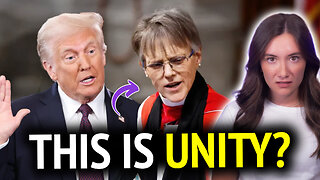 LIVE
LIVE
Chrissy Clark
1 hour agoTrump Responds To Woke Bishop, Cardi B’s TikTok FAIL, & MORE I Underreported Stories
316 watching -
 LIVE
LIVE
theDaily302
10 hours agoThe Daily 302 - Colonel Roxane Towner Watkins
153 watching -
 LIVE
LIVE
BlackDiamondGunsandGear
7 hours agoLIVE SHOT SHOW 2025 COVERAGE w/ DLD After Dark
287 watching -
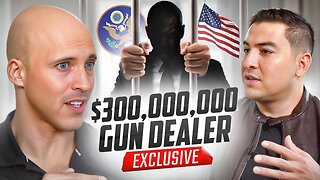 2:36:32
2:36:32
Omar Elattar
4 hours agoEx-Arms Dealer: "How I Won A $300M Pentagon Contract At 24 & Inspired War Dogs"
7K -

Game On!
3 hours ago $0.14 earnedPUMP THE BRAKES! Patrick Mahomes will NEVER be Tom Brady!
6.56K3 -
 1:04:14
1:04:14
In The Litter Box w/ Jewels & Catturd
23 hours agoBorder Is Closed | In the Litter Box w/ Jewels & Catturd – Ep. 726 – 1/23/2025
76.5K18